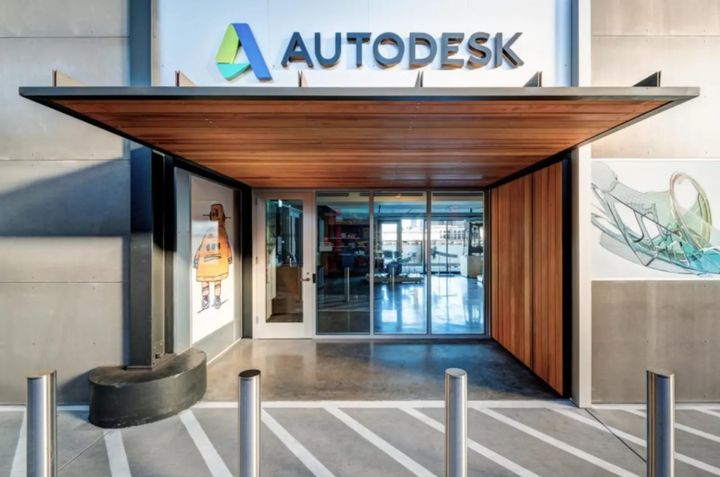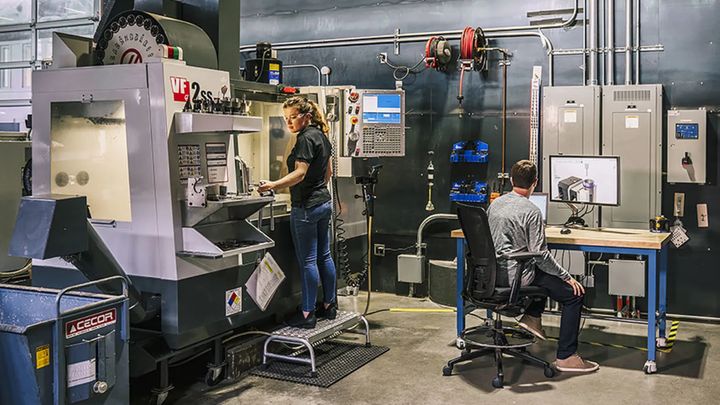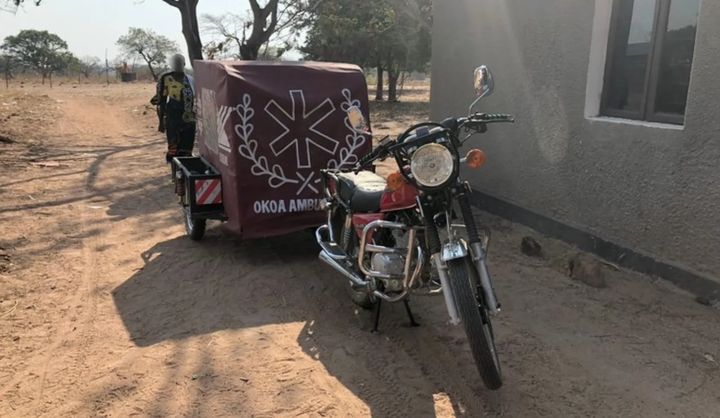
Many businesses in the manufacturing, architecture, building, construction, media and entertainment industries rely on Autodesk’s array of software and services to help deliver innovative solutions.
Along with recognizing AEC excellence and stepping up to the plate in tough times, the company strives to be a leader making positive changes around the globe.
“With rapid population growth and accelerated urbanization, it’s estimated that worldwide energy demand will double by 2050, requiring more productive use of energy and materials,” said Rick Rundell, Autodesk Technology Centers senior director. “These demands are critical for our core industries, who view efficient use of energy and materials as key to sustainable success. For Autodesk, we’re committed to sustainability and creating technology that meets our industry customer needs. With every solution and effort, we hope to lead by example with our own operations by advancing sustainability business practices and supporting every employee to make a positive impact.”
One frequent challenge countries throughout the world face revolves around access to health care. From lack of transportation to minimal or less-than-adequate facilities, many developing countries struggle with finding resources or sustainable solutions. In many cases, the design factor comes into play. Whether it is designing a suitable structure or creating solutions to ensure that care can be delivered, Autodesk has established various programs and opportunities for nonprofits and other groups to harness technology to make a difference.
Along with educational opportunities, the Autodesk Foundation and Autodesk Technology Center Program, which provides free software to nonprofits, startups and entrepreneurs focused on environmental or social good, its four Autodesk Technology Centers also make a big impact. Located in San Francisco, Boston, Toronto and Birmingham, UK, the Autodesk Technology Centers host more than 150 teams, including architecture, engineering, construction, design, manufacturing and emerging technologies, that work on projects for their respective industries and humanitarian efforts.

Among the various projects Autodesk has been able to assist with in one way or another, three recent ones were aimed at solving a health-care challenge in developing countries. While the concept, design and completion elements created their own challenges, the projects also had to incorporate sustainable solutions with local resources and skilled residents.
The Okoa Project
In rural communities, even if there is some medical assistance available, the transportation needed to reach the locations is often lacking. The Okoa Project, a collaboration of engineers and community leaders, made it a mission to address that challenge for communities in Tanzania.
“In 2016, a rural Tanzanian community was searching for a way to reduce preventable maternal deaths and provide a safer, faster way for pregnant women to get to a health care facility,” said Emily Young, the Okoa Project executive director. “Previously, a pregnant mother would have to walk for hours or take an expensive and painful motorcycle ride that required them to make the journey solo. In fact, 830 women die every day due to preventable pregnancy complications, and that is because 1 in 7 people do not have access to adequate medical care.”
Faced with hard-to-traverse roadways and unreliable transportation, the team had to conduct research and design that worked with existing infrastructures while also relying on local resources for materials and development. The team, which received free software from the Autodesk Technology Center Program, and numerous stakeholders developed an ambulatory motorcycle trailer. Each trailer had to be designed to accommodate the patient while also being able to safely navigate rough terrain and be a sustainable option in terms of maintenance.

“We worked with midwives, chiefs, healthcare workers, community leaders and many others to ensure that our ambulance designs captured the needs of our communities,” Young said. “Autodesk helped us achieve those goals in more ways than one. Our U.S.-based team works out of the Autodesk Technology Center in Boston, which allows us to test out different manufacturing techniques and designs. We have also seen support via the Autodesk Foundation, providing us access to incredible pro-bono services, connections on the continent and a stronger means to get our message out into the world. Because our team is international, Autodesk Fusion 360, the cloud-based CAD program, allows us to work in real-time and across time zones to make our vision a reality.”
Designed to be rugged and durable, the Okoa Ambulance features a strenuously tested suspension system that ensures patient comfort. It has a removable seat and stretcher for easier loading and can accommodate a second passenger. It was also designed to house vital supplies, including a first aid kit, a birth kit and spare contingencies for other urgent medical situations.
Knowing that versatility and sustainability were key elements of the project’s success, the ambulance was designed for use on standard hitch devices. It has a removable attachment that can be used on any motorcycle. Since it was made from locally sourced materials, maintenance can be done with ease. The ambulance also has a modular design that allows it to be used as a mobile health clinic or for medical supply transportation. They have also been integrated with a new technology—integrated GPS sensors—to track the ambulances.
While the ambulance was the focus of the project, the team’s efforts resulted in additional benefits. The processes used during its development provided key ingredients for COVID-19 efforts. Deployable handwashing stations were developed for use in Ghana to reduce the spread of the virus. Again relying on local fabricators, more than 600 stations were locally fabricated with supplied materials and made available for 62 communities.
Read more at ENGINEERING.com
